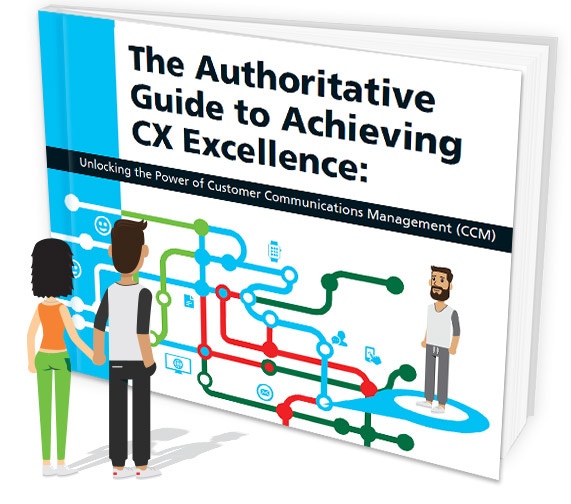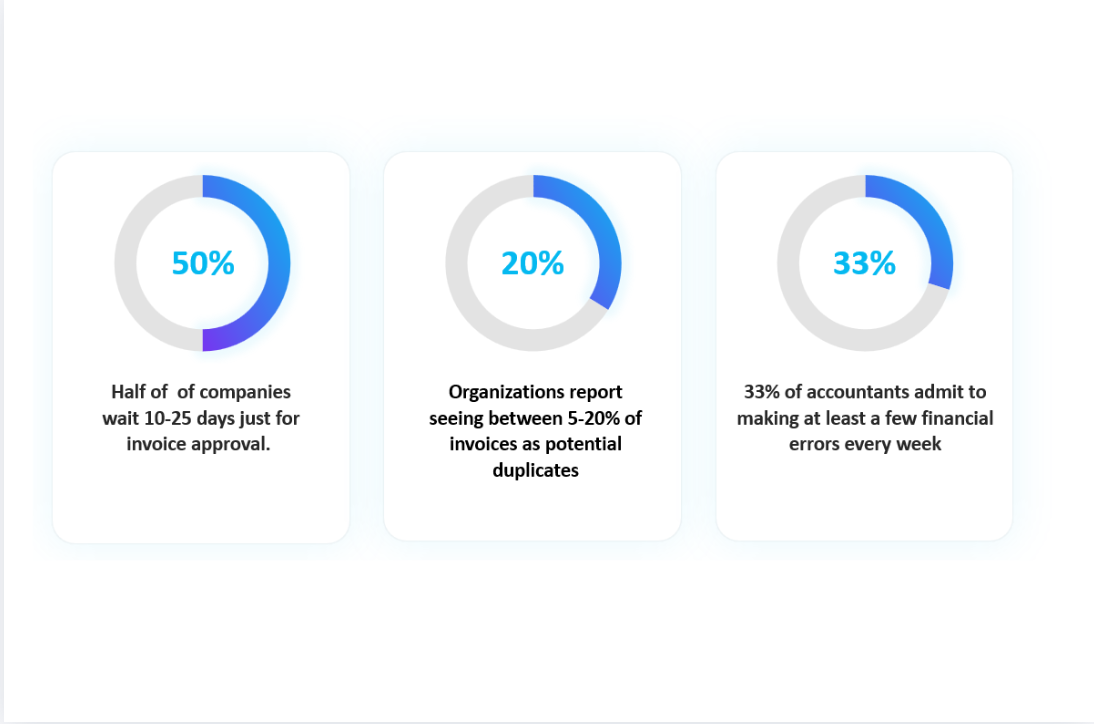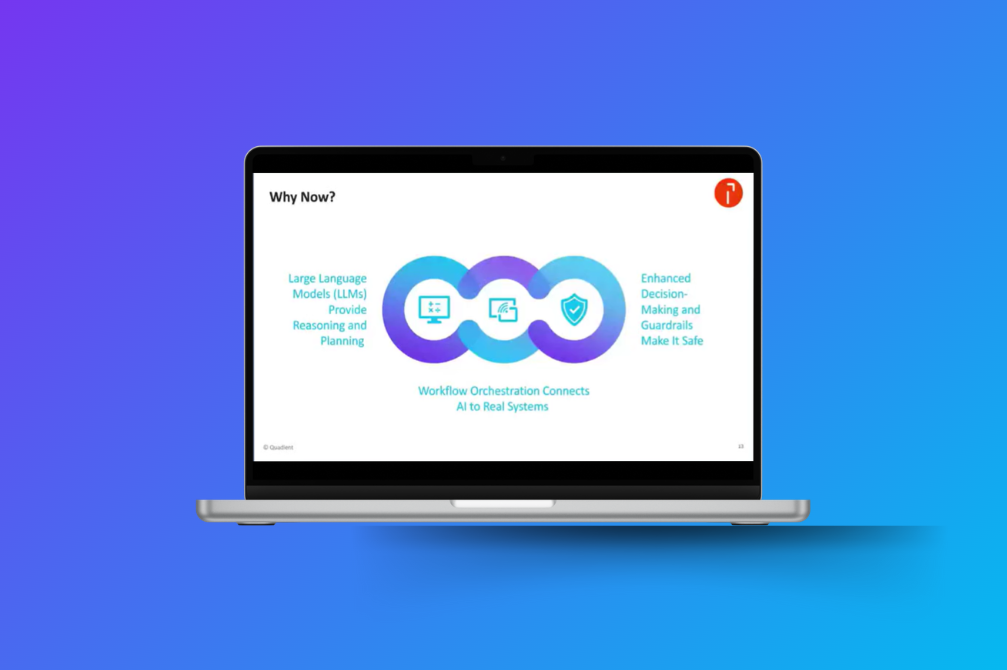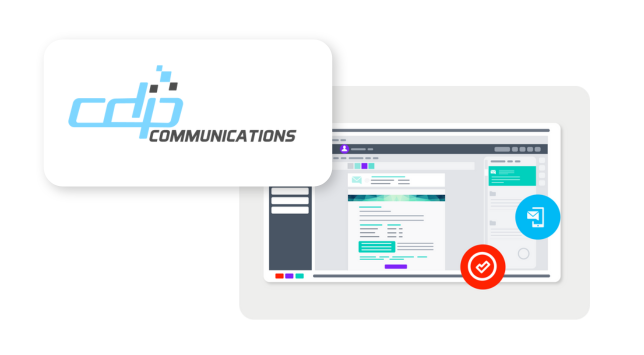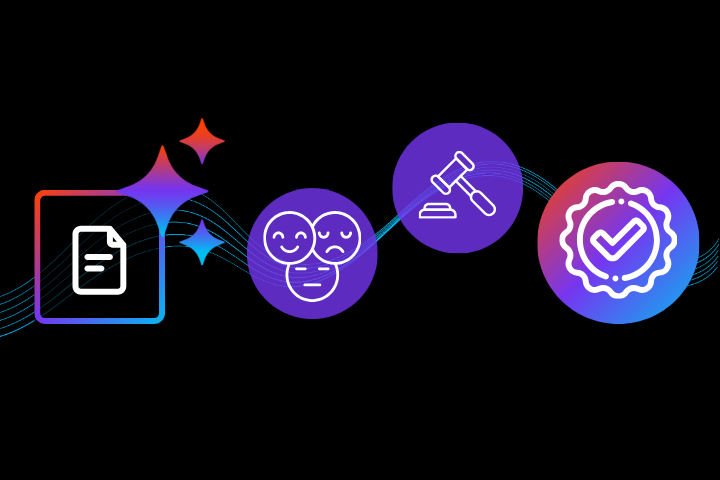
Let's take a look.
Multi-channel communications
Multi-channel communication simply means communicating with customers via multiple channels such as print, SMS, e-mail, web portals, and mobile applications. From an internal management perspective, multi-channel communication involves sending out material and information via multiple channels. There is often little internal coordination or consistency in what is being sent. For example, a piece of communication may look different in e-mail than on paper (in terms of data, branding, and so on).
Additionally, a multi-channel communications strategy does not support bi-directional or interactive communications with customers.

How does Omnichannel communication strategy work?
An omnichannel communications strategy enables companies to send consistent, centrally managed messages across all channels. Therefore, an Omnichannel customer experience ensure that your customers get their communication in a optimized way.

Cross-channel communications
Cross-channel communication is primarily transactional. Customers start their experience on one channel and complete it on another. For example, a customer might receive a credit card offer in an email but complete the application on paper and mail it in.
Another customer might start a mortgage application on a smartphone but complete it online using a web browser. When the changes between channels are invisible, it’s a cross-channel experience.
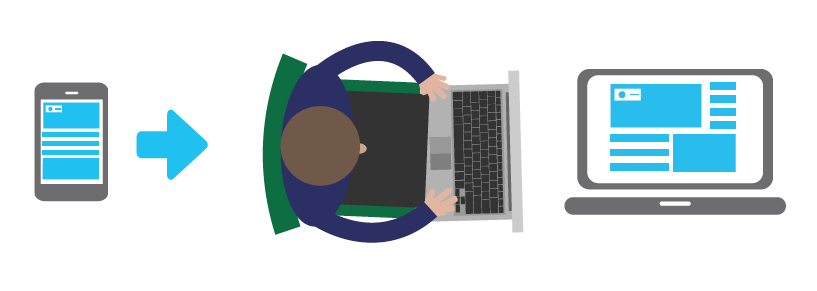
Further, cross-channel communications support bi-directional or interactive communications – a strategy that empowers customer-facing staff to converse with their customers through these systems in a consistent, seamless manner.
The desired end state for next generation customer communications is clear. Companies must provide the information and functionality customers want, how they want it, when they want it across all channels. Whether you call this cross-channel communication, omnichannel communication or something else – the key is to have every experience be consistent no matter the channel.
This article was featured in Chapter 3 of our new interactive eBook, "The Authoritative Guide to Achieving CX Excellence: Unlocking the Power of Customer Communications Management (CCM)".
The book teaches business leaders how they can leverage CCM technology to transform their customer experience using simple language, stunning illustrations, videos, podcasts, whitepapers, analyst reports, industry resources and more. And it's free!
We hope you enjoy it.
